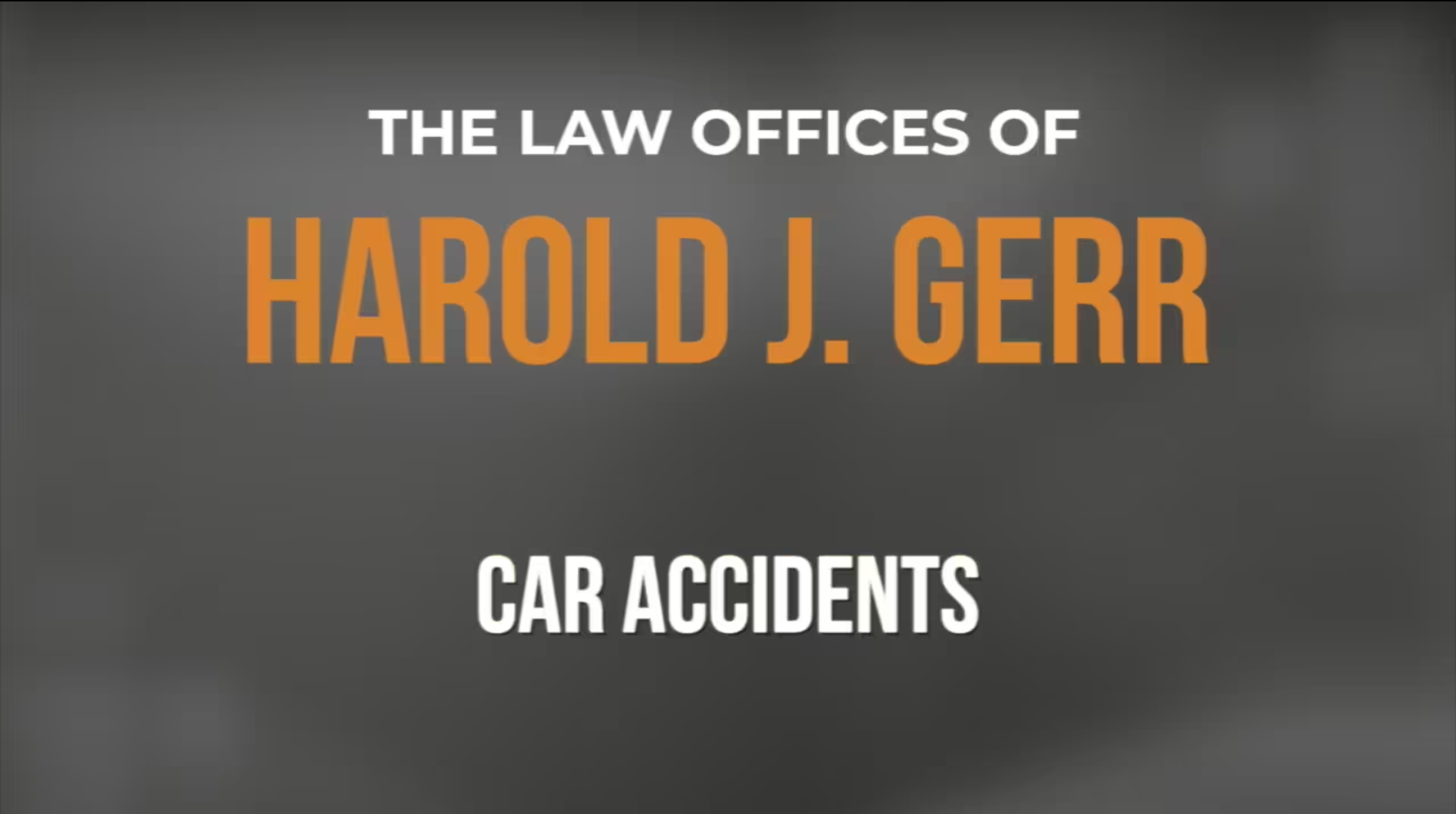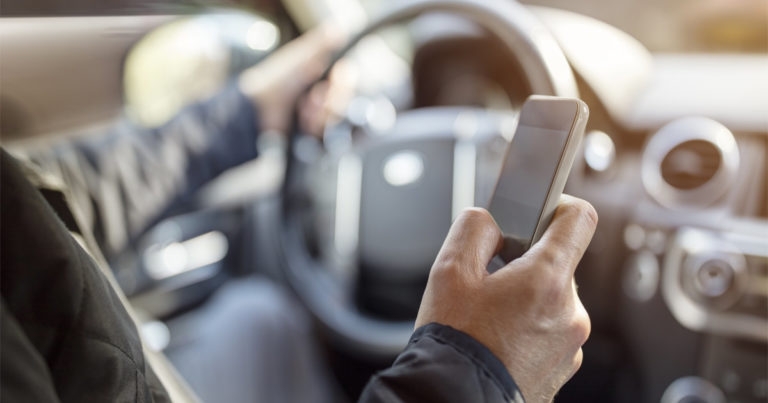
Car accidents occur every day despite everyone’s best efforts to drive safely. Drivers often believe they drive well, but they cannot account for all the issues they encounter on the road. Given the volatility of the roads in New Jersey, other drivers, and conditions, it stands to reason that drivers may be involved in accidents at any time. Preparation is key for New Jersey drivers.
Recovering from car accidents, understanding what occurred, and learning from one’s mistakes helps prevent accidents in the future. Drivers can also recover compensation via a lawsuit if it is clear another driver or outside entity caused the accident. Hire a New Jersey car accident lawyer to review the case, ascertain the truth, and sue for damages where appropriate.
What Causes Aggressive Driving Accidents?

Aggressive driving accidents have two main causes: driver inattention and careless aggression. When drivers get on the road, they must be aware of anyone who appears to be driving aggressively. It helps to move out of the way before an accident can occur. The aggressive driver often has no idea they are being aggressive, but their behavior can be frightening, cause accidents, or startle unsuspecting drivers. They are focused on reaching their final destination, and they do what must be done to get there.
If a victim is completely surprised by an aggressive driver, the accident can be quite violent and even involve other vehicles. Aggressive drivers who believe they are in complete control of their vehicles will make risky lane changes or maneuvers that cause accidents. This assumption causes accidents every day as drivers have a range of experience and feel as though what they are doing is not all that terrible.
The only way to avoid aggressive driving is to plan ahead, get out of the way, and slow down. When drivers are aware of their surroundings, they can avoid accidents easily. Slowing down helps prevent accidents, and drivers should plan ahead, leave the house earlier than normal, set an alarm, and account for poor traffic conditions. For example, drivers coming down I-295 into Philadelphia must be prepared for rush hour traffic, construction, and potential bridge closures. Drivers entering New Brunswick must be prepared for morning school traffic as Rutgers University drives much of the heavy traffic in the area. Unprepared drivers tend to be more aggressive.
Seek Justice for Your Injury. Contact The Law Offices of Harold J. Gerr for Experienced Representation Today.
Why is Road Rage Such a Big Problem?
In New Jersey, massive congestion and clogged roads cause stoppages, bridge closures, and more. Everyone is stressed when going to work, picking up children from school, or heading to appointments. In the worst cases, angry drivers bring their aggression onto the road, and that aggression builds and turns into road rage. These drivers often justify their behavior because they feel they have been wronged. Drivers must step back and understand that their behavior is unacceptable in any other context.
Road rage is an intentional act involving dangerous choices on the road that force drivers to fear for their lives or make dangerous choices to avoid accidents. Road rage is such a big problem that drivers might choose to joust with one another. Starting and stopping erratically, trying to force the other driver into an accident, cutting them off, and involving other vehicles makes the situation much worse.
The situation can escalate further if drivers pull over and engage in a verbal or physical altercation. Statistics indicate that:
- One-third of crashes involve road rage
- Fifty percent of drivers will engage with angry motorists
- Two percent of drivers try to get back at an angry driver
- Thirty-seven percent of road rage situations involve firearms
- Thirty road rage murders occur every year
Avoiding angry drivers is the only way to de-escalate the situation. If drivers have issues with another driver, they can pull over, call 911, or call the local police hotline. If an angry driver is following the victim, drive directly to a police station, fire station, or public place with witnesses. Do not exit the vehicle and confront the other driver. If it appears they have malicious intent, drive away when they exit their vehicle.
How can I Prevent Distracted Driving?

Distracted driving accounted for 2,800 deaths and 400,000 injuries in 2018, according to research by the Centers for Disease Control and Prevention. Additionally, New Jersey has some of the most stringent distracted driving laws in America. Drivers must abide by local laws and consider everything they do to cause distractions. Preventing distracted driving starts with:
- Putting down cell phones, which cannot be handled while driving under New Jersey law
- Using Bluetooth to manage cell phones
- Never engaging with other drivers
- Remaining in the background of in-car conversations
- Never eating, drinking, grooming, or applying makeup while driving
- Slowing down
Distractions can take the driver’s eyes off the road for longer than it takes to check a text message or email. Bluetooth systems help with this problem, but the phone might also be passed on to someone else. Engaging with other drivers also takes a driver’s eyes off the road and focuses their attention on just one vehicle. While watching another vehicle, traffic patterns shift, everyone else slows down, or traffic comes to a stop. Drivers easily miss stop signs, traffic lights, exits, construction signs, or speed limit signs when engaging in a road rage or aggressive driving situation.
How can I Avoid Drowsy Driving?

According to the National Highway Traffic Safety Administration (NHTSA), nearly 800 fatalities and 50,000 injuries occurred due to drowsy driving in 2017. Drowsy driving occurs when drivers overestimate their ability to drive on little to no sleep. Drivers with sleep apnea often get far less sleep than they need, and medical attention is required to help these drivers feel rested when waking up.
According to statistics from the NHTSA, these accidents most often occur between 12:00 a.m. and 6:00 a.m. This is a time when most people should be sleeping, and their bodies often try to sleep because it is a biological need. These accidents often involve just one car, and they occur more frequently on rural roads. To avoid drowsy driving, try these basic tips:
- Get seven to eight hours of sleep every night. Set an alarm, if necessary, to ensure sleeping and waking times are consistent.
- Sleep longer before extended drives.
- Teenagers should not be allowed to drive when it is clear they have not been sleeping.
- Never drink and drive. Alcohol consumption can make anyone feel more tired than they already are.
- Understand if medications cause drowsiness. Do not take them before driving or ask someone else to drive.
- The NHTSA recommends drinking a few cups of coffee and taking a short nap before proceeding. While this is not an ideal situation, it may provide enough alertness to complete the drive.
- Pull over when it is clear staying awake is impossible.
- ★★★★★
"Excellent law firm. Mr. Gerr is extremely knowledgeable and personable. He has a genuine interest in his clients. His staff is great also."
T.D. View All Client Reviews
What can I Do to Prevent Drunk Driving?
Drunk driving is a scourge on America’s roads that causes death and destruction every day. Research from the NHTSA shows that about 25 percent of all traffic deaths involve alcohol impairment. As a result, nearly 30 people die in drunk driving accidents every day.
Drivers must be reminded that they are in no state to drive if they have been drinking. Anyone who approaches the drunk driving limit of 0.08 percent blood alcohol content (BAC) will have severe difficulty driving. Someone with a BAC over 0.10 percent is involved in a fatal accident seven times more often than a sober driver.
Additionally, parents should speak to their children about the dangers of drunk driving as the federal government collected data showing that those aged 21 to 24 accounted for about 33 percent of all drunk driving arrests. Thirty-two percent of people killed in these accidents were passengers, and this statistic should incentivize passengers to stop drivers who are clearly unable to drive. Illicit drugs and prescription medications also affect a driver’s abilities. Do not get behind the wheel assuming all is well because alcohol was not consumed. An arrest can follow the consumption of any intoxicating substance.
Should I Drive in Poor Conditions?

Driving in poor conditions may seem necessary or simple, but driving in heavy rain, snow, wind, or on bad roads is dangerous. Drivers traveling in poor conditions should take the following steps to avoid accidents:
Slow down: When drivers slow down, they can see issues on the road, avoid other drivers, and take time to avoid obstacles. Slowing down also improves reaction times if more problems arise.
Pull over in bad conditions: Do not drive in icy or snowy conditions unless it is critical to do so. Drivers in icy conditions often miss ice on the road because the road looks clear, or they cannot see the ice sitting under a pack of snow. Tire chains help with stability and traction, but many drivers should stay in place until it is safe to drive again.
Check heavy loads: Secure loads on any vehicle to prevent loss or rollovers. Pull over and use hazard lights if the conditions are suddenly too difficult for driving and call for emergency services if it is clear the car cannot be driven further.
Take alternate routes: Drivers may also change their routes to avoid accidents or dangerous conditions. For example, a driver in rural parts of New Jersey may defer to a highway or main arterial road because conditions are typically better.
Accidents also occur due to poor design that is made worse by poor conditions. If drivers believe they have been involved in an accident caused by poor road design or maintenance, they should reach out to a lawyer and determine which governmental agency should be sued for damages.
What if I Experience Automotive Defects?
Automotive defects may be caused by improper service, parts, or construction. Manufacturers may publicize recalls for vehicles that appear to be defective, but someone who cannot get their vehicle repaired or who did not know their vehicle should be repaired may recover damages. If the vehicle was not serviced properly, the mechanic, shop, or dealer may be held liable for damages. Additionally, the use of defective or improper parts is cause for a personal injury lawsuit.
Drivers in defective vehicles may be the first people to experience that defect, or the manufacturer may have covered up the defect. This issue must be investigated by a lawyer so that compensation is recovered. An automotive expert can inspect the vehicle and determine why the accident occurred. At the same time, a lawyer may investigate documents related to the ordering of parts, vehicle service, or repairs.
Do not assume that a vehicle malfunctions on its own. In many cases, someone was negligent when handling that vehicle, and they should be held accountable for damages.
- $1 MPedestrian Accident
- $845 KCommercial Truck Accident
- $275 KSlip and Fall Accident
What if I was Injured by an Uninsured Motorist?
Coverage for uninsured motorists is included in certain car insurance policies. While accident victims may file claims for coverage, their insurance may not pay for the pain and suffering they have been through. Reaching out to a lawyer helps victims consider their options after such an accident. A lawyer also reads the automotive insurance policy and ensures claims are paid properly.
If coverage is not available, a lawsuit may be filed to recover damages. While the uninsured driver will be cited by local authorities, they may not be the only party responsible for the accident. Defective vehicles or parts might cause this accident, and the manufacturer, mechanic, dealer, or other third party can be sued.
When Should Families or Victims Retain a Lawyer?
Retain a lawyer when it becomes clear the victim or family suffered from negligence or recklessness. This list of accidents can occur at any time, and it is important for the family to reach out for assistance before the case grows cold. Consult with a lawyer soon after the accident, learn which compensation options are available, and discuss a wrongful death claim if someone has died.
Allow a lawyer to complete an investigation, uncover evidence, and negotiate a settlement. A family should forward letters or phone calls to their lawyer, and not sign anything without a lawyer present. Do not speak to the insurance company without consulting with a lawyer and follow the lawyer’s advice as the case unfolds.
Compensation for these accidents includes medical expenses, lost wages, lost earning potential, pain and suffering, and punitive damages. If someone died as a result of the accident or their injuries, a wrongful death suit can be brought to recover burial costs, administrative fees, and payment for loss of companionship, financial support, or consortium.
Get the Compensation You Deserve. Let The Law Offices of Harold J. Gerr Fight for Your Rights. Call Us Today at 732-537-8570 or Fill Out Our Convenient Online Contact Form For a Free Consultation.
New Jersey Car Accident Lawyers at the Law Offices of Harold J. Gerr Provide Service for All Car Accident Victims
If you were involved in a car accident, reach out to the New Jersey car accident lawyers at the Law Offices of Harold J. Gerr for assistance. Call us at 732-537-8570 or contact us online for a free consultation. Located in Highland Park, New Jersey, we serve victims throughout New Brunswick, Somerset, Piscataway, Edison, South River, Sayreville, Metuchen, East Brunswick, South Plainfield, Fords, Middlesex, Old Bridge, Iselin, Bound Brook, Perth Amboy, and Colonia.









